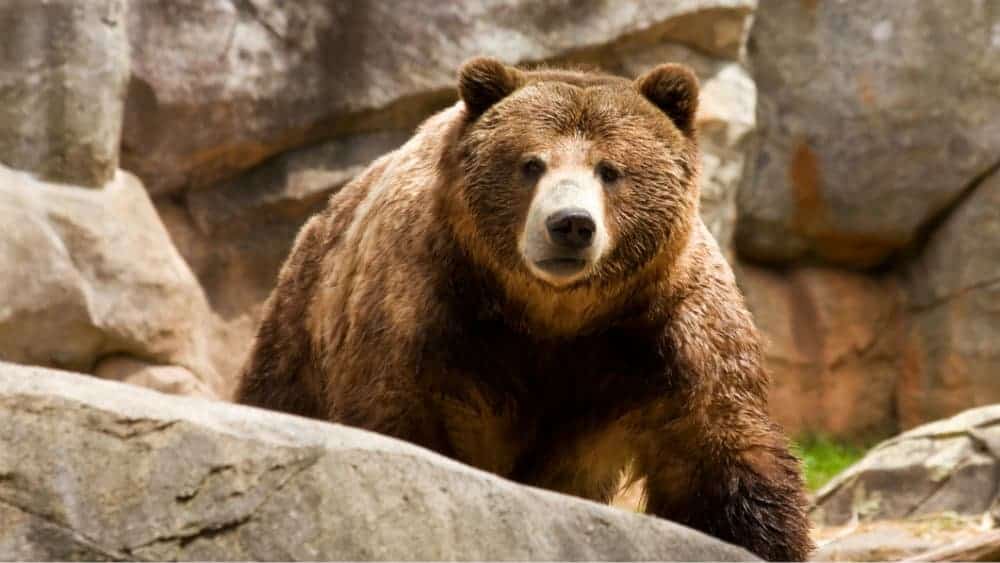If you’ve seen the hit HBO show Succession, you may remember the plotline wherein (spoilers ahead!) the Roy family receives an offer to take over their company at $140 per share, far above its valuation at that time. This manoeuvre is called a bear hug. In finance and investing, this refers to an unsolicited offer to buy a significant number of a company’s shares at a price much higher than their market value.
The bear hug acquisition strategy is so named because, from the perspective of the acquiring company, it is a soft and cuddly advance. Imagine the fuzzy arms of a teddy bear enveloping a stuffed rabbit. After all, they’re offering to buy the shares at a premium; what’s not to love?

Image source: Getty Images
Pros and cons of bear hugs in finance and investing
For the target company, the bear hug presents a unique opportunity to offer shareholders an accelerated payout at a desirable price. Moreover, additional incentives may be involved that would not come with a regular sale. If the target company is struggling, this offer might be particularly attractive.
However, in many cases, the target company may view the bear hug as akin to a hostile takeover. From this perspective, it feels more like an attack. Like hikers cornered by an angry mother bear, the target company’s board of directors may be forced into a sale against their wishes.
For the acquiring company, the advantages of a bear hug include eliminating competition and avoiding confrontation with a target company that may be hostile to their takeover attempt by making an offer the target company can’t refuse. However, it is a very expensive acquisition strategy.
Why would a company pass on a bear hug?
The fact that they are unsolicited raises a number of red flags. At the time of the bear hug, the target company might not be planning to sell in the immediate future and likely wants to do so on their own terms. The company’s management may want to offer employees a formal stake in the company, sell shares to individuals outside the company, or attract angel investors, but relinquishing control entirely is another story altogether.
What happens if the target company rejects the bear hug?
In the case of rejection, the acquirer is likely to approach the shareholders directly with an offer to purchase their shares above the market rate. This possibility makes it very difficult for the target company to evade a takeover.
Furthermore, if a company were to pass on the bear hug without a good reason, they would risk incurring a lawsuit from their shareholders. Since the company is legally obligated to act in the shareholders’ best interests, having a fiduciary duty to maximise shareholder value, the shareholders have a right to demand that they do so.
This is why, at the beginning of the second season of Succession, patriarch Logan Roy had to move forward in naming a successor. With the bear hug offer on the table, he had to provide Waystar Royco’s investors with a credible reason that he wasn’t selling. In other words, he had to prove that his plan was more financially beneficial to the shareholders than selling would have been.
Are bear hugs common?
Not only do bear hugs make for great television, but they are also increasingly common in the real world. While they remain the purview of a certain class of company, within the world of mergers and acquisitions, bear hugs now account for nearly half of unsolicited offers to publicly traded companies!
What are some examples of bear hugs in recent memory?
Perhaps the most famous one in recent history was Microsoft’s acquisition of Yahoo in 2008. After giving the board a 24-hour advance warning, Microsoft made public their bid of $44.6 billion, which represented a 63% premium on the shares’ valuation.
Facebook has also been known for giving bear hugs. For instance, they famously overtook Instagram in 2012, a $1 billion purchase that resulted in a gradual ousting of Instagram’s founders over the course of the ensuing years. Their acquisition of WhatsApp in 2014 constituted another successful bear hug.






